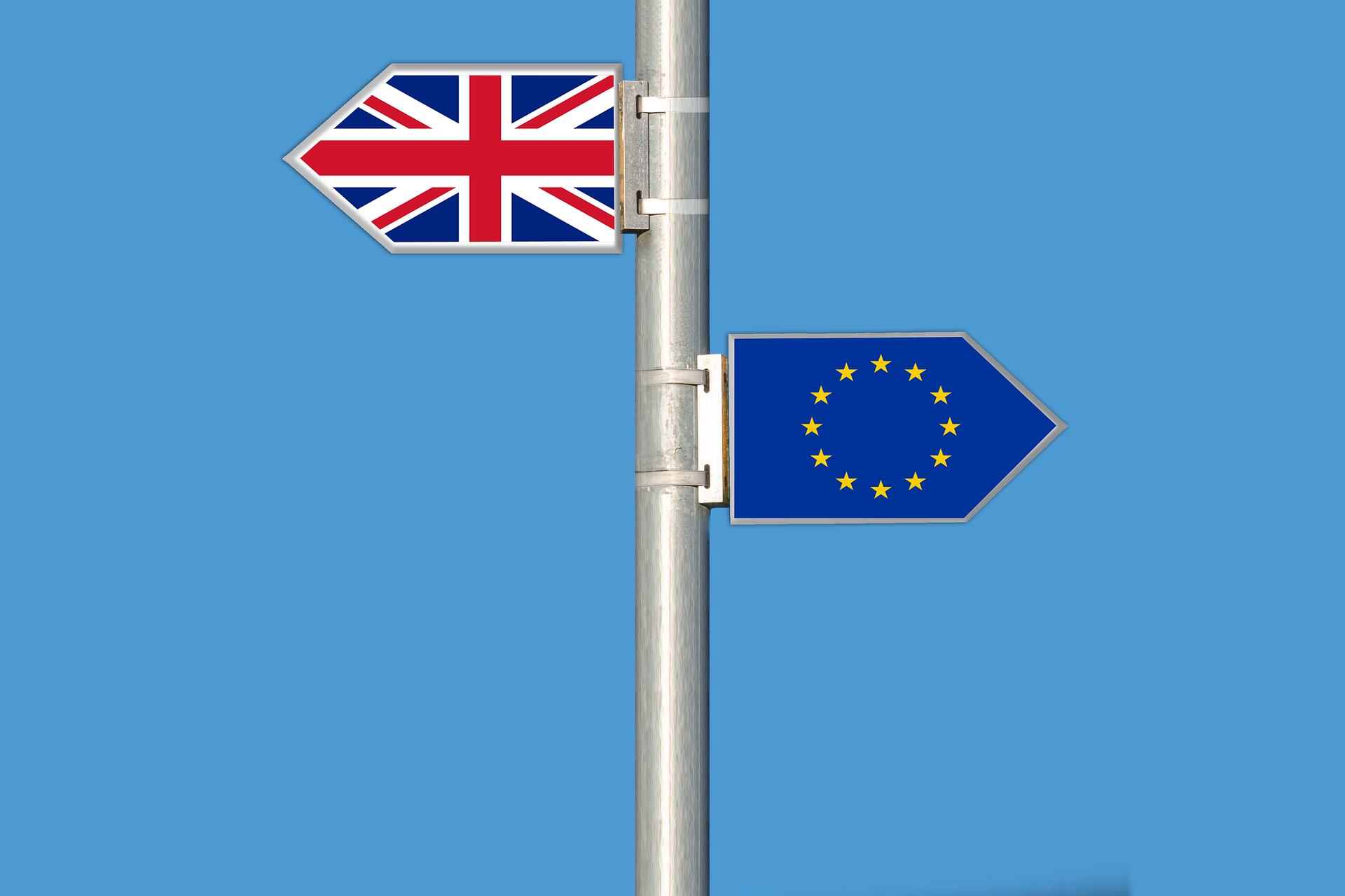Jacob Rees-Mogg recently claimed that the British economy would receive a ‘£80 billion boost’ if we were to leave the European Union without a deal, instead of trading under World Trade Organisation rules. This is on the basis of a report published on Tuesday by Brexiteer think tank ‘Economists for Free Trade’, which Rees-Mogg is a member of. Even if we accept the figures in the report, which we should not necessarily be doing, its argument that a no deal Brexit will be a ‘success’ relies on a narrow and misleading definition of ‘success’. Specifically, it conflates fulfillment of the popular desires from Brexit with those of financiers.
First, we’ll look at what the WTO rules are. There is a single principle at the heart of the WTO approach to trading, known as the ‘Most Favoured Nation Treatment’. This means that countries cannot discriminate between their trading partners; if one country is offered something (like a lower customs duty on a particular good), it must be offered to everyone. This is the rule that will guide the creation of all future trading relationships if Britain trades on WTO terms alone. Interestingly, this does allow for some room to maneuver in that Britain could make deals with companies, rather than other countries. An example of this is the deal being made between the British government and mobile service providers. This could potentially signal the beginning of an era of changing trade relations, as Britain tries different approaches to trade in a post-EU membership world. That said, it’s difficult to imagine a situation in which Britain was so bold and innovative that it overcame the disadvantages presented by its exit from the EU.
Alongside any difficulties posed by its inability to craft bespoke trade deals with other nations, Britain will have to create a new ‘schedule’ for itself. A schedule, in trade terms, is a list of the tariffs and quotas that will be applied to other countries. This will be difficult for Britain. Not only has the EU handled the development of its schedules for quite some time now, but eight years of austerity have led to a weakened civil service that has seen some of its top talents leave in frustration at the Brexit process.
“It’s difficult to imagine a situation in which Britain was so bold and innovative that it overcame the disadvantages presented by its exit from the EU”
Whilst we can reasonably assume that the hollowing out of the civil service will not provide the economic boon Rees-Mogg refers to, it’s less difficult to measure the potential impact of trading on WTO terms. It’s far simpler to investigate the basis that Rees-Mogg has cited for making his bold statement: the aforementioned (and typo-riddled) report.
For a start, the report frequently makes use of the measure CAGR (Compound Annual Growth Rate) when using export growth over the last few decades as a point of comparison. This is intentionally misleading and flawed data, which calls into question a lot of the claims that the report makes. CAGR assumes growth is steady and constant – something that is rarely the case. Moreover, the report uses bundles of data which include countries like China and India when making a case that WTO rules are effective at generating high levels of export growth. This is almost as ridiculous as it is brazen – the success of these nations in increasing the volume of their exports has certainly been influenced by their trading arrangements, but it is intellectually dishonest to suggest that Britain would see a similar effect.
The most egregious trick used by the report is rhetorical though, not numerical. The piece essentially redefines ‘success’ to mean raw export growth, rather than anything even remotely similar to the kinds of things that would be considered a success by the vast majority of Brexit voters, let alone Britons in general. Even if we accept the numbers used by Rees-Mogg, we have to ask ourselves, who would actually benefit from export growth? Certainly not us.
Charley Weldrick

